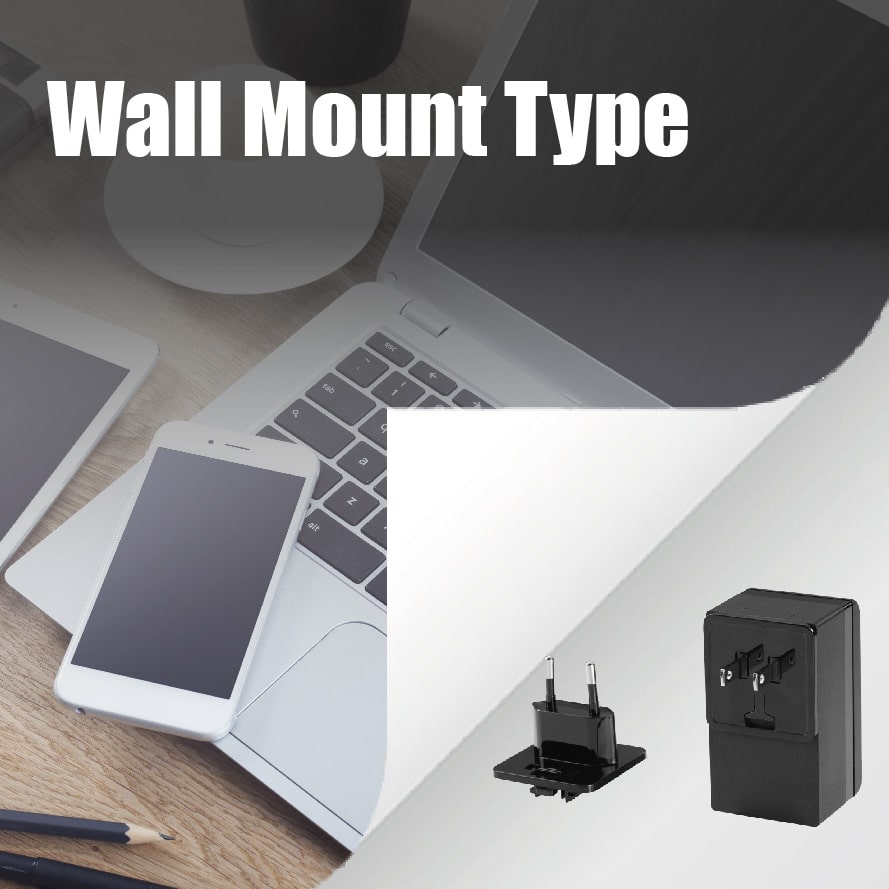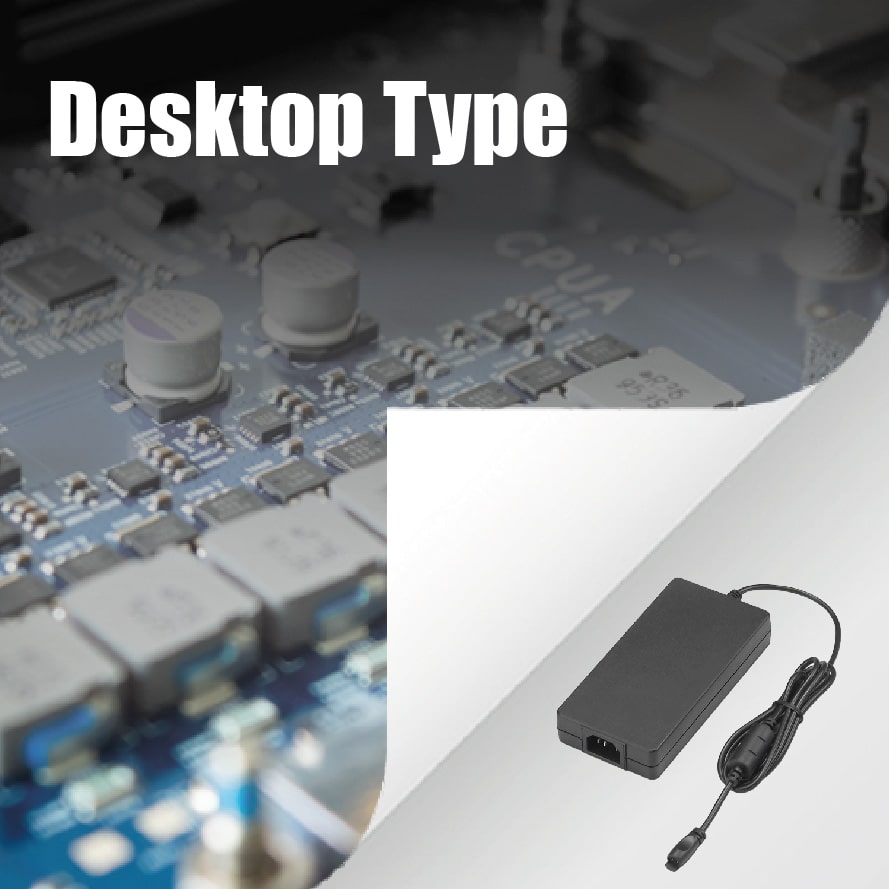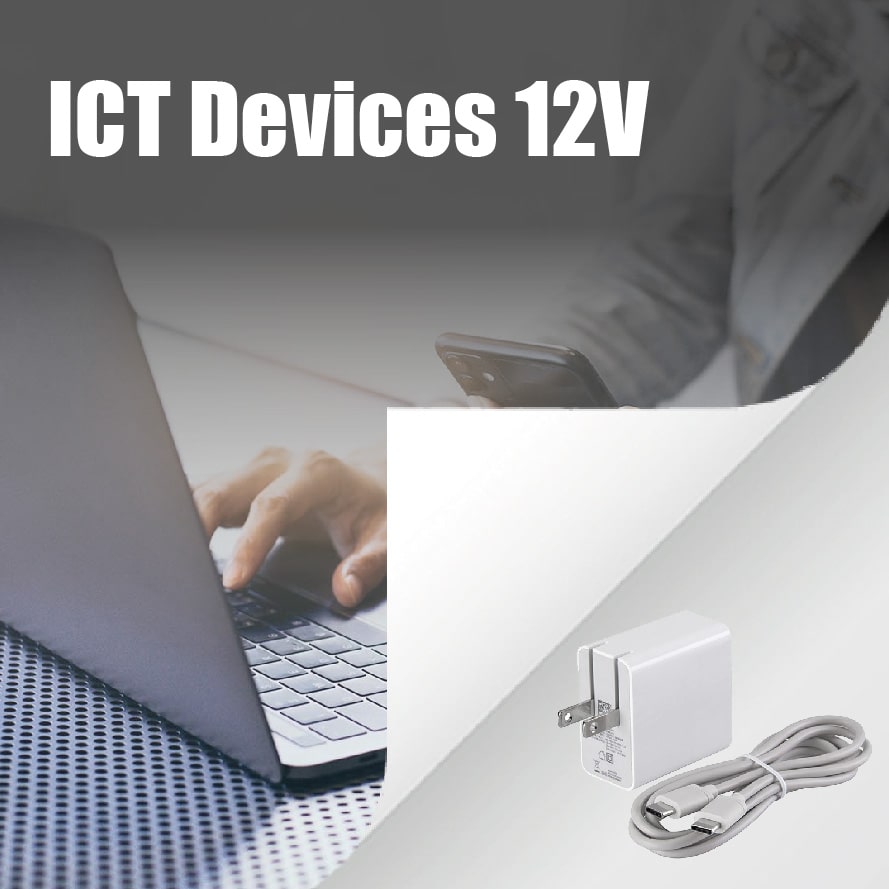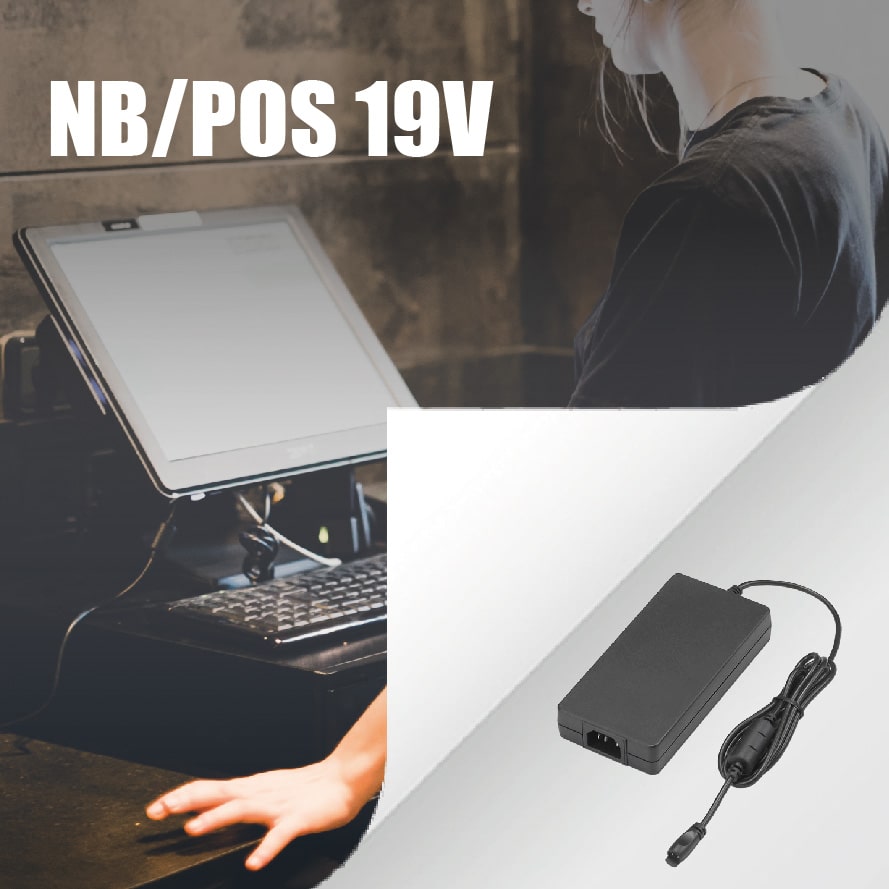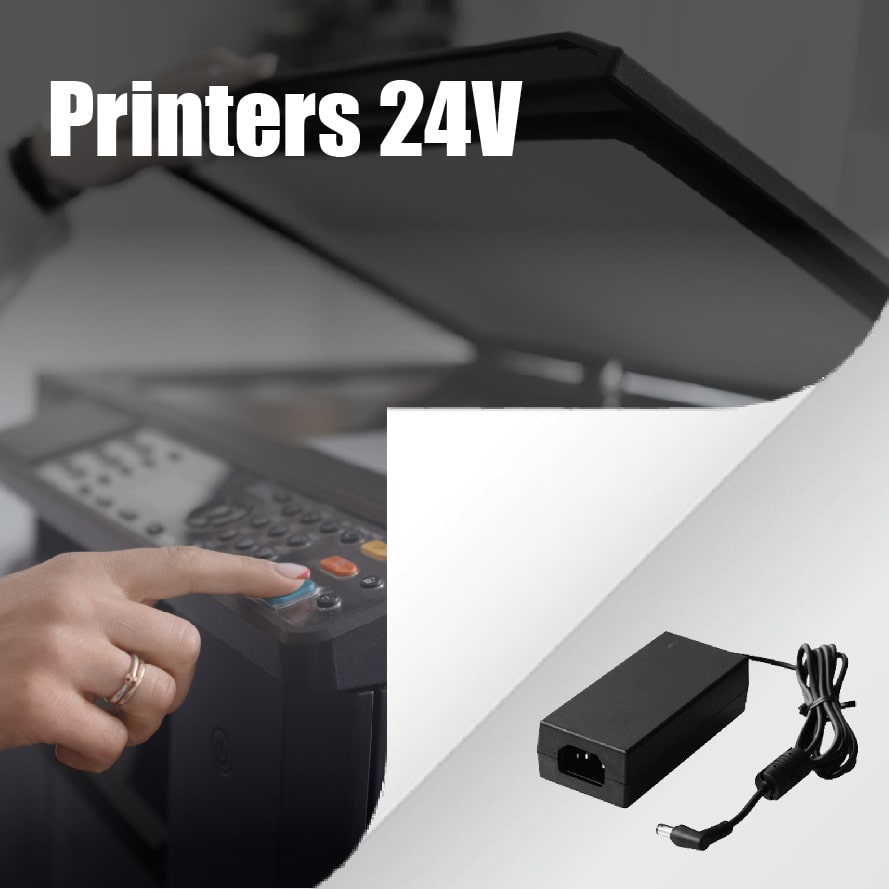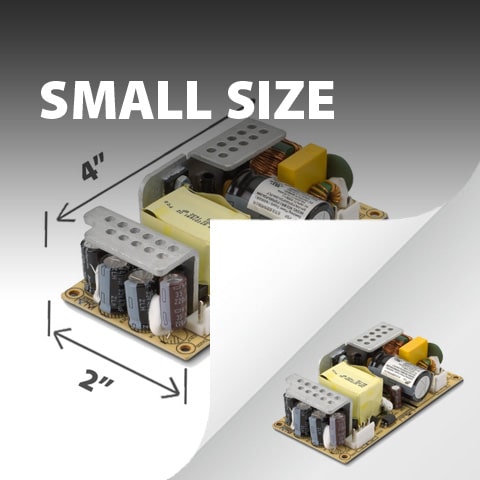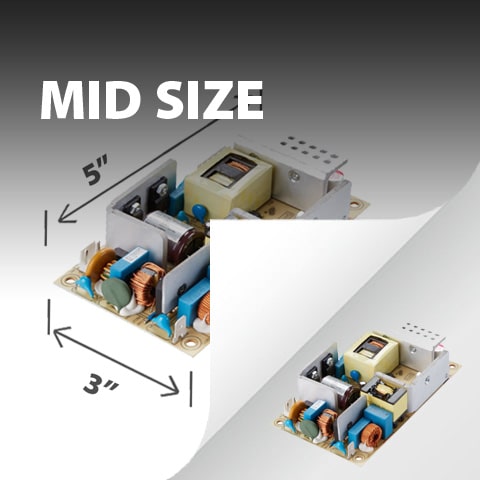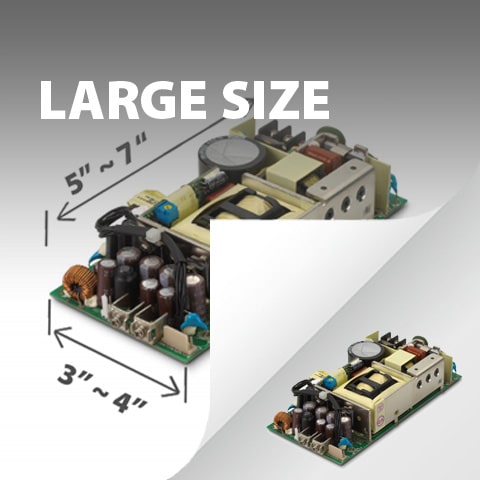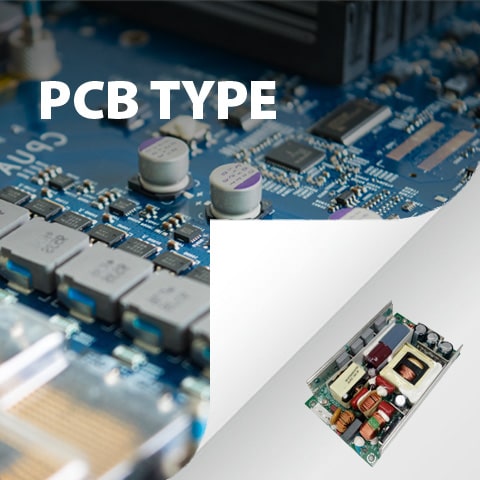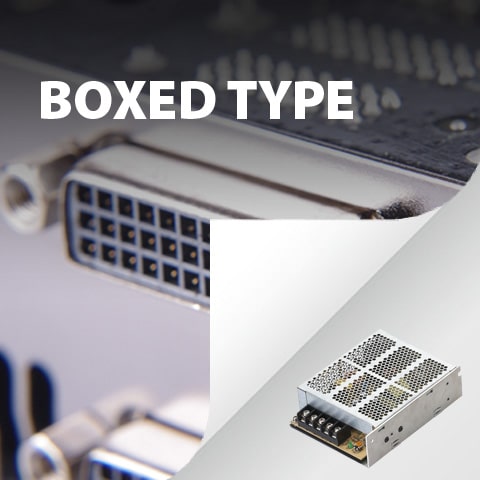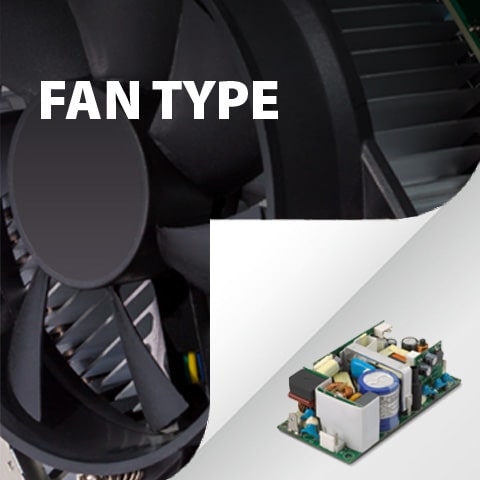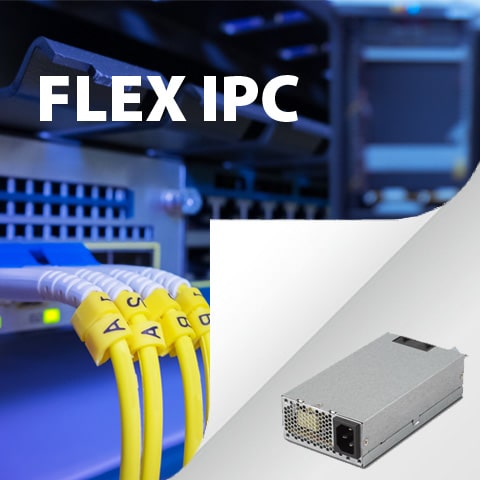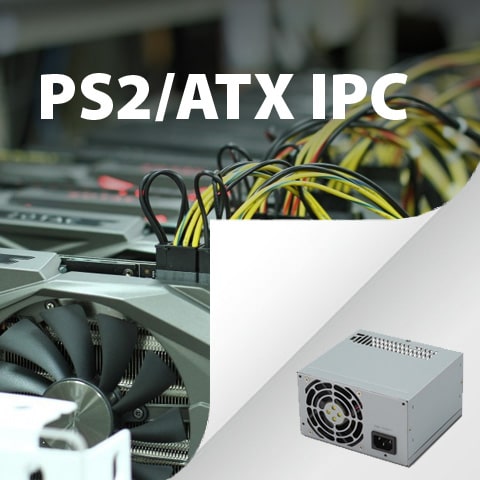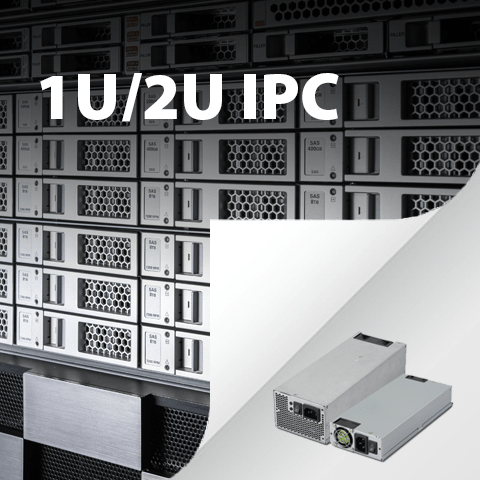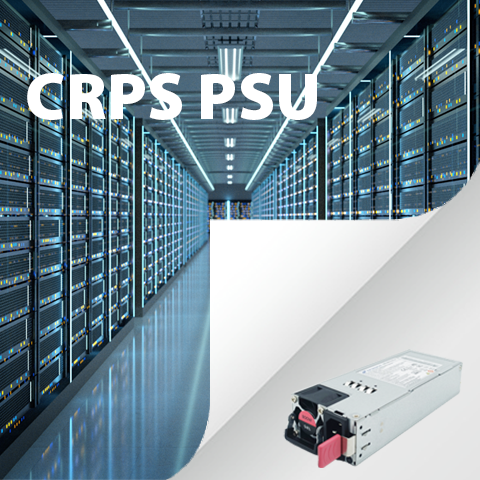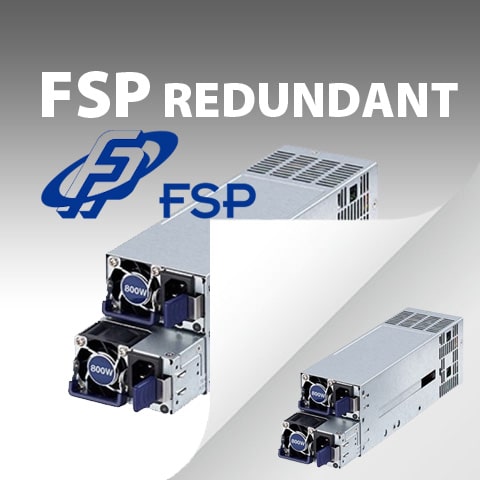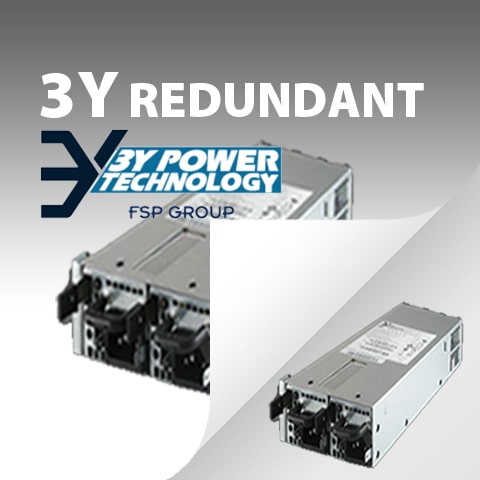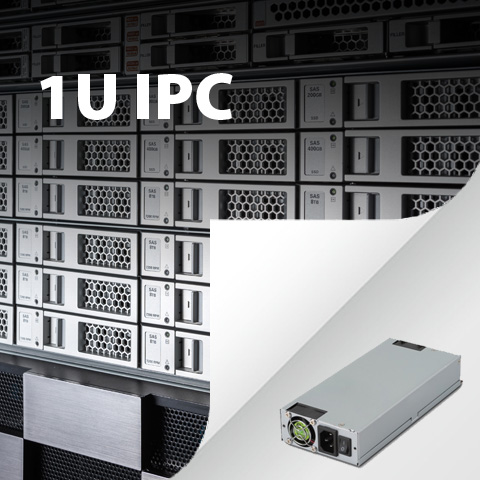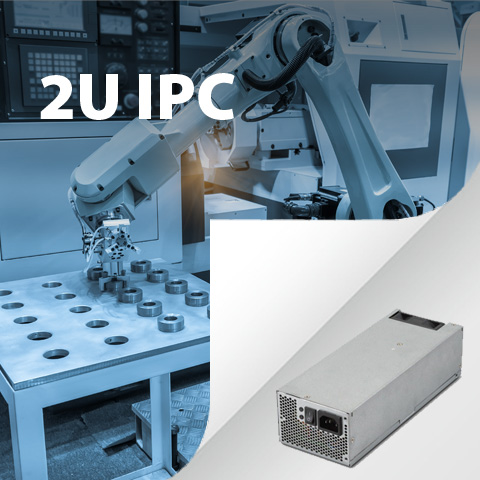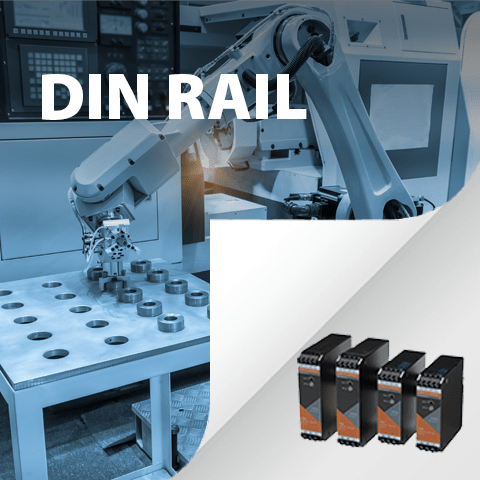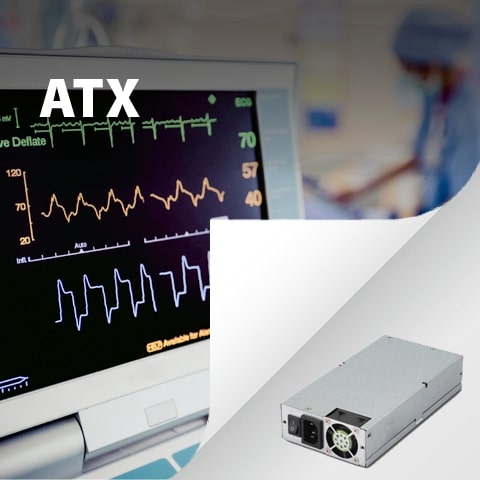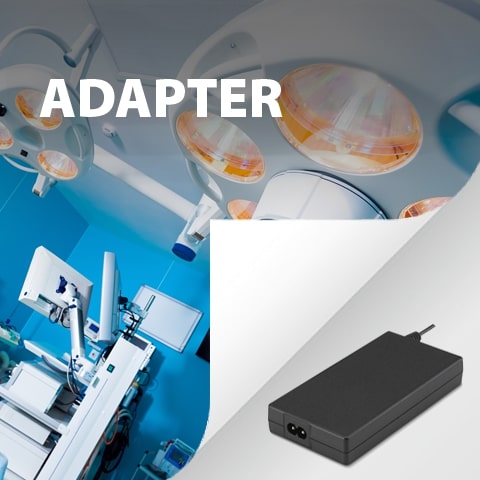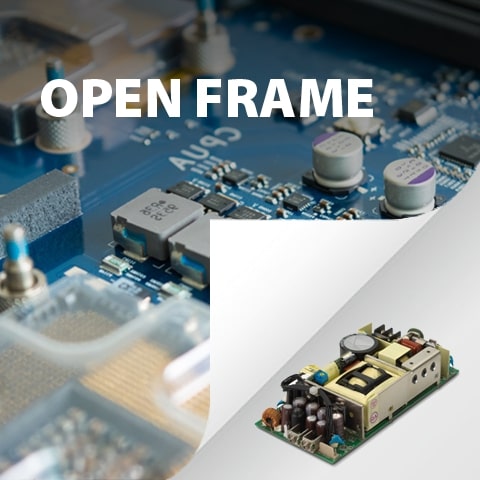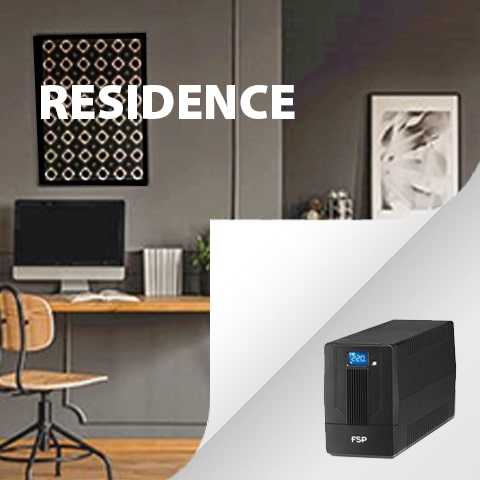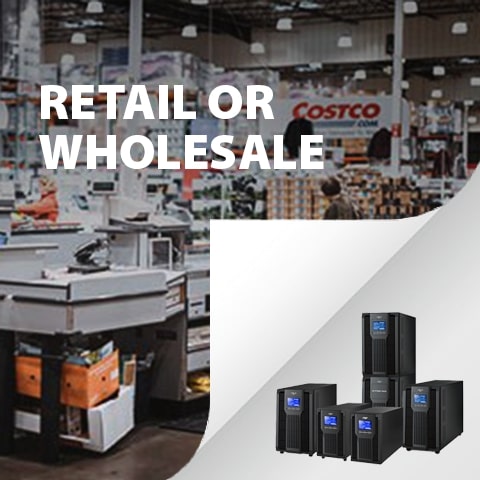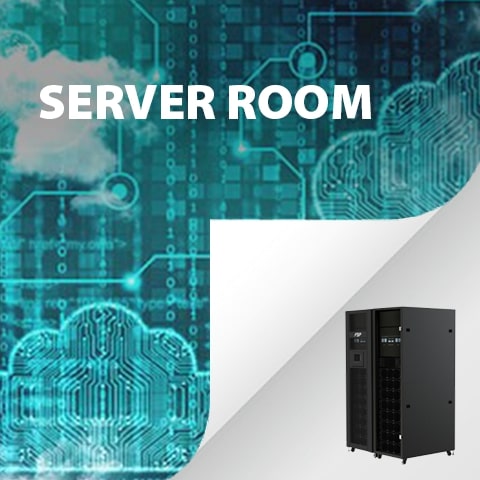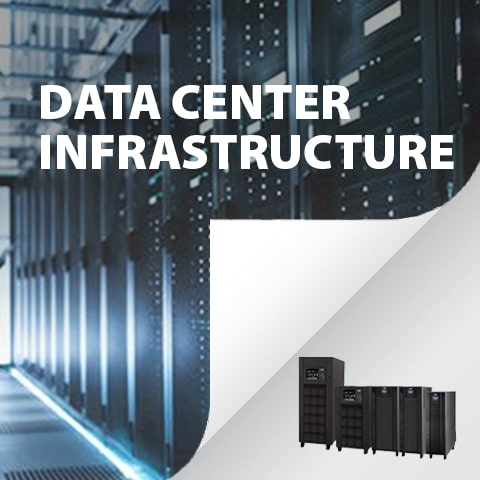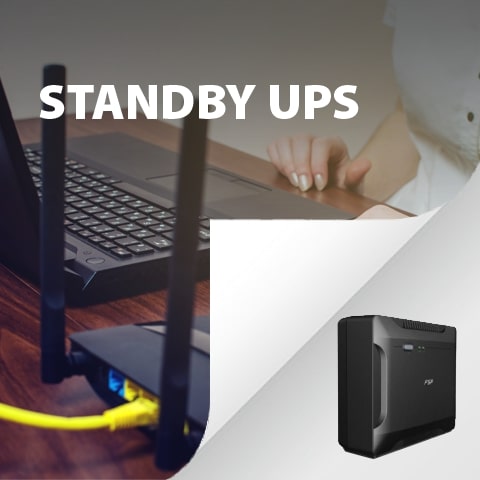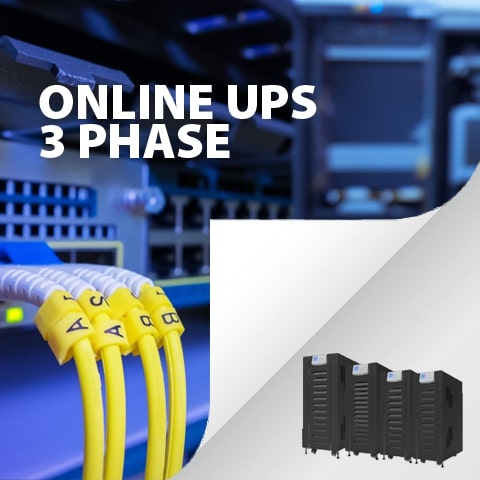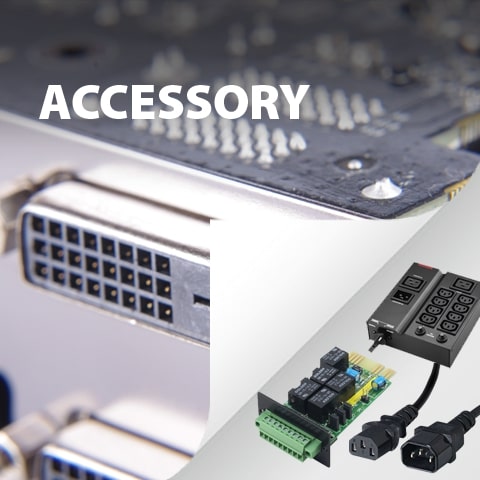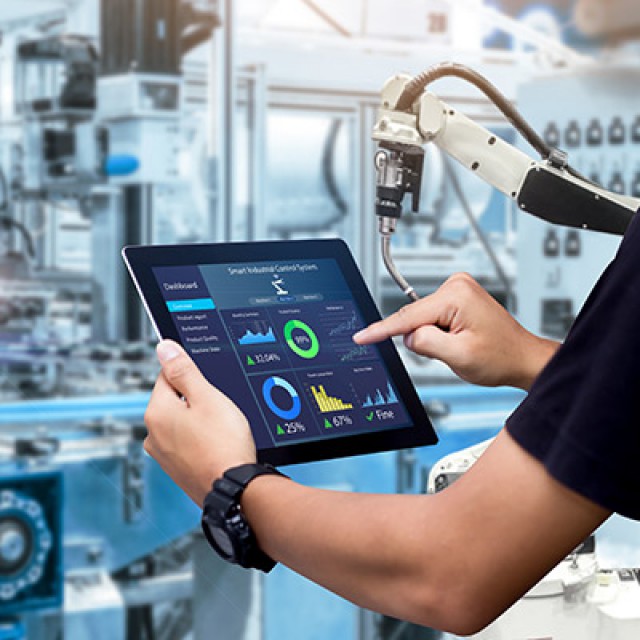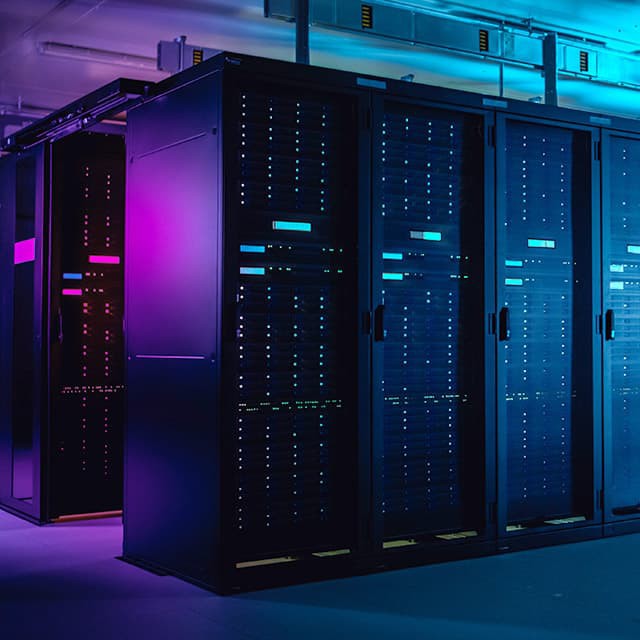Power supply for smart manufacturing
The world of manufacturing is evolving and growing tech capabilities are undoubtedly the driving force behind those advancements. Before you can tap into the possibilities of smart manufacturing, though, you must first ensure that your facilities are supported by the right power supply.
Selecting the right power supply for the modern factory is one of the most important decisions you’ll ever face as you look to develop a workplace that can support smart manufacturing processes. The following guide will look at the latest and greatest solutions, as well as the features you must look for when building a smart manufacturing environment.
Let’s get switched on.
The importance of power supply for smart manufacturing
Before investigating the power supply options available, you will first need to familiarize yourself with the potential problems caused by overlooking this feature. Some of the key factors to consider are listed below;
- Unplanned downtime can cost manufacturing companies up to $260,000 per hour!
- Over 8 in every 10 businesses experience significant downtime due to power issues.
- Excluding the pandemic, industrial energy consumption grows around 0.8% per year.
In short, the demand for electricity and data transfers is at an all-time high while the damage caused by inferior or unstable solutions is greater than ever too. With commercial operations and industrial workspaces using more on-site equipment and requiring more online connections, the reality is that many premises no longer have the power supply to support smart manufacturing.
Connecting with a power supply manufacturer like FPS Group will soon help you adapt to the evolving demands to create a Smer manufacturing venue of the future.
5G connectivity for smart manufacturing
The manufacturing industry has encountered several key developments over the years. While the first, second, and third industrial revolutions all shaped the world as we know it, Industry 4.0 promises to open the door to even greater possibilities by blurring the lines between the physical and digital arena.
Industry 4.0 sets out to increase efficiency, connectivity, and flexibility in a variety of environments including Smart cities. The Smart Factory concept is one that focuses on creating manufacturing workspaces that can operate without human intervention. The seamless operations are intended to subsequently eliminate risks and adapt to fluctuating demands and challenges in an automated manner. While the digital transition has already started, the rollout of 5G has changed the landscape forever.
The integration of 5G Smart technologies is set to transform the future of manufacturing for SMEs and large organizations alike by promoting efficient manufacturing. In addition to removing manual tasks, Smart Factories will enjoy even better communication with shop floors and other departments across the company.
Advanced connectivity through 5G keeps equipment connected and online without the need for wires. Sensors allow equipment to be monitored by high-powered cloud-based analytics engines. Agile networks can subsequently embrace the power of IoT and other emerging technologies.
The features of a Smart Factory
A Smart Factory goes beyond the outdated concepts of simple machinery and production line equipment. It needs to consider every electrical item from small battery-operated goods to energy-guzzling machinery. Focal points include;
- Data Center: the data center is responsible for storing all computer infrastructure, telecommunications facilities, environmental controls, and storage systems. In a Smart Factory setting, the data center will be responsible for a lot of key information and operating equipment.
- Machine Vision: the machine vision facilities are the eyes of the Smart Factory environment. They detect defects and faults while simultaneously calibrating and locating materials. Autonomy relies heavily on the capabilities of the machine vision equipment, particularly for robotics.
- AGV&AMR: Automated Guided Vehicles are crucial features for keeping the operations running smoothly as they automate the handling and transportation aspects for internal processes as well as interactions during the start of the order fulfillment processes. This includes accepting deliveries of raw materials.
Why 5G connectivity?
Hyperconnectivity through 5G Smart technologies will give businesses the chance to take their Smart factory environments to new heights. A wide range of benefits gained from 5G include but are not limited to;
- Greater reliability and uptime. Whether it’s connections between IoT devices within the workplace or interaction with outside and automated management, the removal of connectivity issues will keep the factory’s Overall Equipment Effectiveness ratios at the highest possible levels.
- Easier automation that’s further supported by real-time linkages, customer demand forecasts, and predictable production capacities. IoT-enabled systems and infrastructure work seamlessly with each other while off-site teams can be notified of faults for quicker investigations and rectifications.
- Faster data transfers supported by optimized bandwidths and minimized latency delays. This supports better productivity and smoother interactions between different departments, consequently promoting faster processes and order fulfillment for a greater level of overall output.
- Avoid unforeseen situations that would cause a traditional factory to close. The global Covid pandemic has highlighted potential dangers in recent times but Smart factories allow for productivity to be maintained. Similarly, there are fewer concerns about social distancing or employee working conditions.
- Peace of mind gained from knowing that factory environments are running at optimal efficiency while also being ready for the continued digital transformations brought on by Industry 4.0. This includes knowing that Smart factories will be ready to support other workspaces as they complete their own transformations.
Smart manufacturing powered by 5G connectivity is still in its infancy but has already established itself as the present of manufacturing as well as its future. While humans are still needed in some capacity, the switch to a digital and autonomous factory can spearhead further growth and efficiency that subsequently filter down throughout the company. In addition to the right connectivity, all infrastructure must be supported by the right power supplies to all circuits.
Smart manufacturing environments: power supply features
The growth of 5G and Smart Factory environments has placed added pressure on the power supply. Fewer (or no) manual practices naturally means there will be more machinery, as well as the AVG, data center, and machine vision facilities. The right power supply will need to tick several boxes. The following questions should be asked for guidance;
- Does the power supply meet the power requirements, even at peak times?
- Is the power supply versatile enough to reduce the demands and costs at the right moments?
- Is the power supply in line with your bid to adopt green energy and eco-friendly practices.
- Will the power supply provide guaranteed reliability, even in testing moments when other outages may occur.
- Can the power supply be adapted to meet evolving needs in future years?
After investing heavily in the Smart manufacturing equipment and automated machinery, you cannot let the power supplies cause problems. Key features are detailed below:
A wide variety of different power supplies
Power supplies within the Smart Factory setting may be used for various purposes. The network switch, PoE switch, NAS, NVR, docking, data center, machine vision, and AVG are just some of the examples. Therefore, it cannot be expected to find a single power outlet that does it all. A ranger of supplies and adapters will be required.
An Open Frame Power supply provides both Surge and Brown-out protection while the FSP260-P35 will provide increased power for controlling and managing your Smart systems. Meanwhile, data centers may utilize UPS and IPC PSU facilities to keep computer facilities in great health.
A fully tailored approach to power supply for the Smart manufacturing environment should implement a variety of different power supplies including unregulated, linear regulated, and switching power supply.
Small form factor
Small form factor power supplies are compact devices that meet Flex ATX standards are ideal for delivering small amounts of power under 200W. PSUs convert mains power to low-voltage regulated DC power, which supports eco-friendly and cost-effective operations while also avoiding the threat of providing too much power to machinery that doesn’t need it.
Having the small quantity power supplies configured to support the appropriate assets is a key feature of building a Smart factory that can stay connected and automated with efficiency at its core. Energy storage systems are another resource that can be used to great effect.
High wattage power supply
The electricity and energy demands are far greater in industrial settings than in residential properties. Smart factories connected to 5G networks subsequently need access to high wattage power supplies.
Whether regulated or adjustable solutions, the high voltage solutions can include analog, stabilized, or single output solutions. High-watt PSUs deliver increased levels of power to data centers, IoT networks, and other aspects of the factory’s Smart manufacturing infrastructure.
High wattage power supplies must be robust solutions that are tailored to the needs of the Smart factory environment. However, they should be considered a central feature of the digital transition needed to adapt your workspaces for the Industry 4.0 era.
Versatility for standard and customized products
Smart factories will upgrade an entire business operation, not least thanks to the agile environment that it creates. Power supplies must match this versatility, not least for company owners who wish to strike a balance between cost-efficiency, energy efficiency, and optimized productivity.
Standard solutions are cheaper, especially as all power supplies and switches can be integrated with minimal effort. Where possible, standard products should be used for the bulk of the factory’s power supplies. However, customized power can be perfectly matched to intricate and unique challenges facing the specific working environment.
The best configurations will combine customized components with standard facilities like Solid-State lighting power supplies to simultaneously find the best solution for the business and its budget.
Guaranteed Reliability
Finally, power supplies should not be limited to working when all systems are running smoothly. The 5G connectivity, individual machinery, data center, WiFi, and other key features need to be maintained at all times. Guaranteed reliability in all situations means having backup generators and switches that can automatically correct situations if a breaker is tripped or if the power supplied by the grid is temporarily lost.
This is commonly achieved by a UPS switch that instantly switches to the battery-derived power supply. High-quality devices achieve this in fewer than five milliseconds. As well as preventing downtime, this will protect valuable machinery and computers while stopping any threat of data corruption.
Prevention is the best form of protection, particularly when the working environment does not require human input. Fixing the problems either remotely or by visiting the factory is, frankly, the last thing you need. Especially if power supplies can help you avoid it.
How can FSP Group help?
A basic understanding of smart manufacturing will help you consider its possibilities and how it can be utilized to boost productivity, connectivity, and your bottom line. Still, those opportunities will only materialize with the support of an expert in the field of power supply for smart manufacturing. FSP Group is the answer.
As a global leader in power supply, FSP Group boasts a huge presence in the USA, UK, Taiwan, Brazil, China, Germany, Sweden, France, India, Japan, Korea, Russia, and Turkey. Since 1993, our innovative teams have endeavored to raise the bar on greener energy supplies for organizations of all shapes and sizes. Our plethora of advanced power supply products reflects the changing landscape of smart manufacturing and factories.
Partnering with FSP guarantees a personalized approach to power supply, using a combination of standard and customized features across different specs while keeping your budget in mind. Stable, sustainable energy will support your team, equipment, and practices while additionally providing the peace of mind you deserve.
More Information:
https://www.fsp-ps.de/app/smartmanufacturing/index.html
https://www.fsp-ps.de/app/fiveg/index.html
Related Articles
About FSP
FSP Group is one of the global leading power supply manufacturer. Since 1993, FSP Group has followed the management conception “service, profession, and innovation” to fulfill its responsibilities as a green energy resolution supplier.


